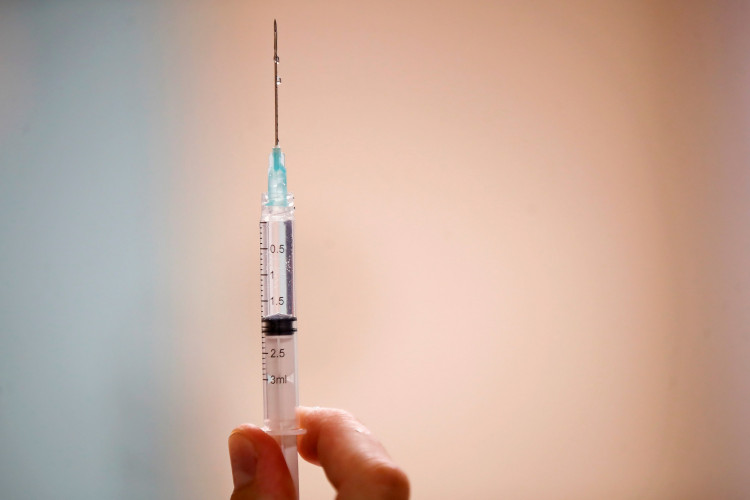Updated boosters from Moderna, Pfizer, and BioNTech that target the COVID-19 BA.4 and BA.5 strains were approved by the U.S. Food and Drug Administration on Wednesday.
Both boosters are bivalent, including both the original strain of COVID-19 and a strain that is present in the BA.4/BA.5 subvariants of Omicron, which currently account for the majority of COVID-19 cases. While Pfizer's vaccination is approved for individuals 12 and older, Moderna's vaccine is only for adults 18 and older. You must have waited two months since receiving your most recent booster shot or vaccination dose in order to receive any updated version.
The U.S. Centers for Disease Control and Prevention must first endorse both boosters before the public may begin receiving shots, though. An advisory council from the CDC will review the safety and efficacy information for the revised vaccines at meetings on Thursday and Friday this week. Who should receive a new booster at this time, as well as how the rollout process should start, will be determined by the CDC.
Meetings of the CDC are open to the public, and you can view them live on the CDC website. Thursday's streaming begins at 7 a.m. PT/10 a.m. ET.
Before the upcoming fall and winter, when we should anticipate another wave of illnesses as individuals spend more time indoors, pressure has been building to develop new COVID-19 vaccines that target more pertinent forms of the virus. According to a tweet from FDA Commissioner Dr. Robert Califf, the speedy regulatory timetable for the BA.4/BA.5 vaccinations may be partially attributable to the fact that bivalent vaccines are relatively simple to alter.
"Bivalent and multivalent vaccines are very common and modifying a vaccine to include different virus strains often does not require a change in other ingredients," Califf said. "FDA has extensive experience with reviewing strain changes in vaccines, as is done with the annual flu vaccine."
The FDA stated that it based its decision to approve the revised boosters from Moderna, Pfizer, and BioNTech on safety and efficacy data from a clinical study on an updated vaccination that targets BA.1 - a related vaccine but older strain of omicron.
Additionally, it stated that it refers to nonclinical data on the new bivalent vaccines as well as safety and efficacy data on the monovalent vaccines (the initial COVID-19 vaccine and boosters that have been administered to millions of people in the US).
Even though their infection protection has decreased as the virus changes, the COVID-19 vaccinations and boosters are still quite effective at preventing serious illness and death from the virus.





